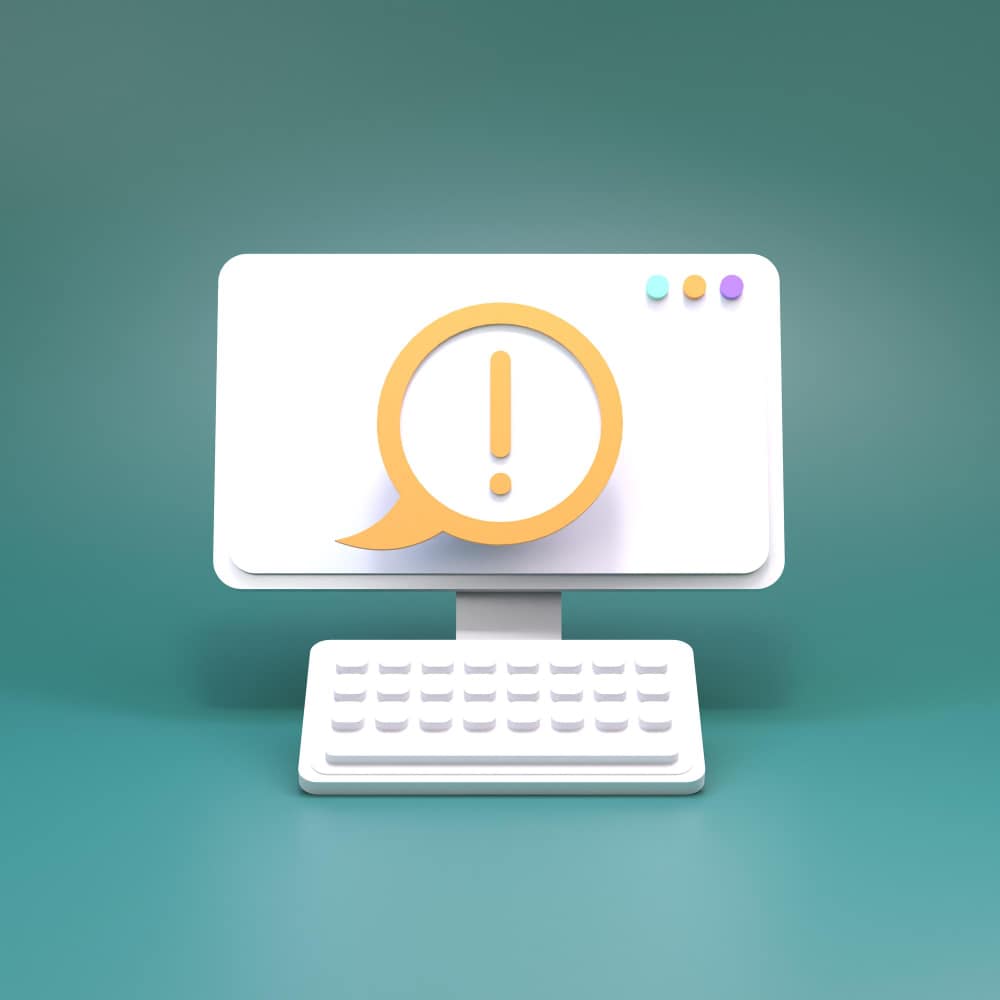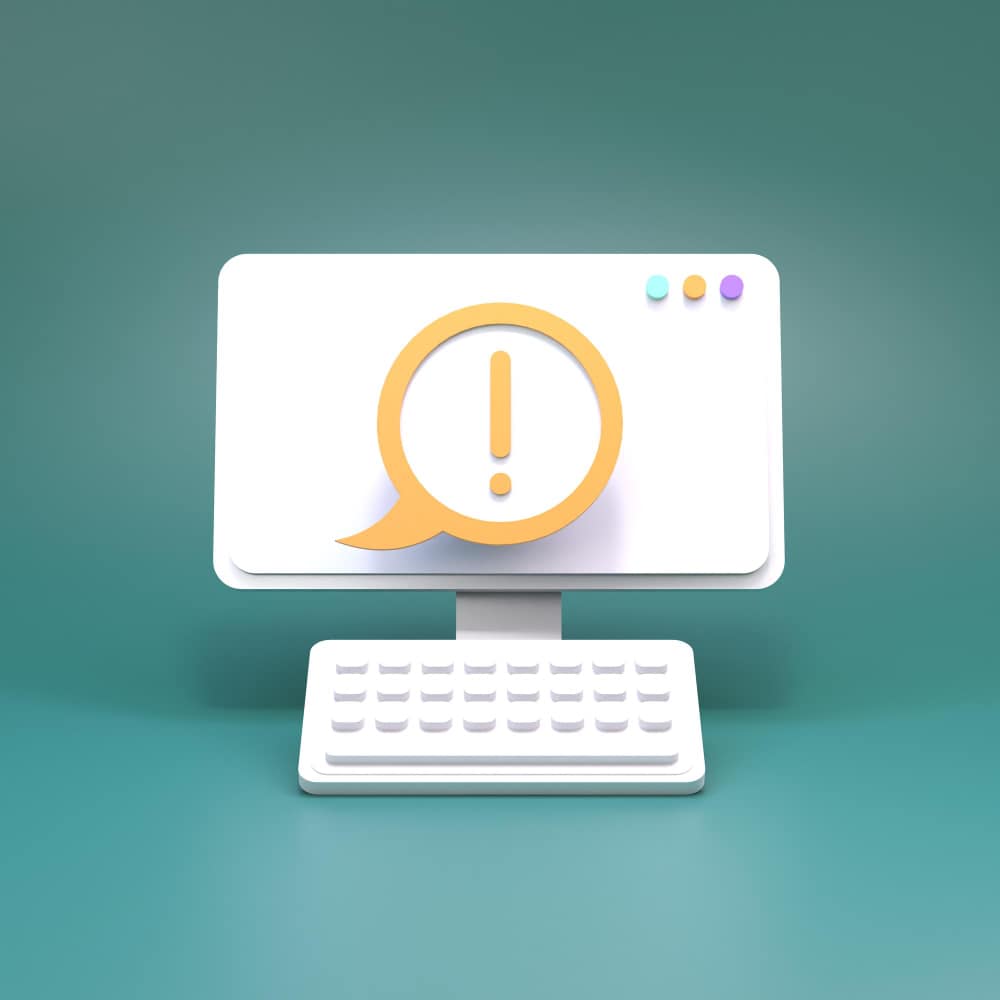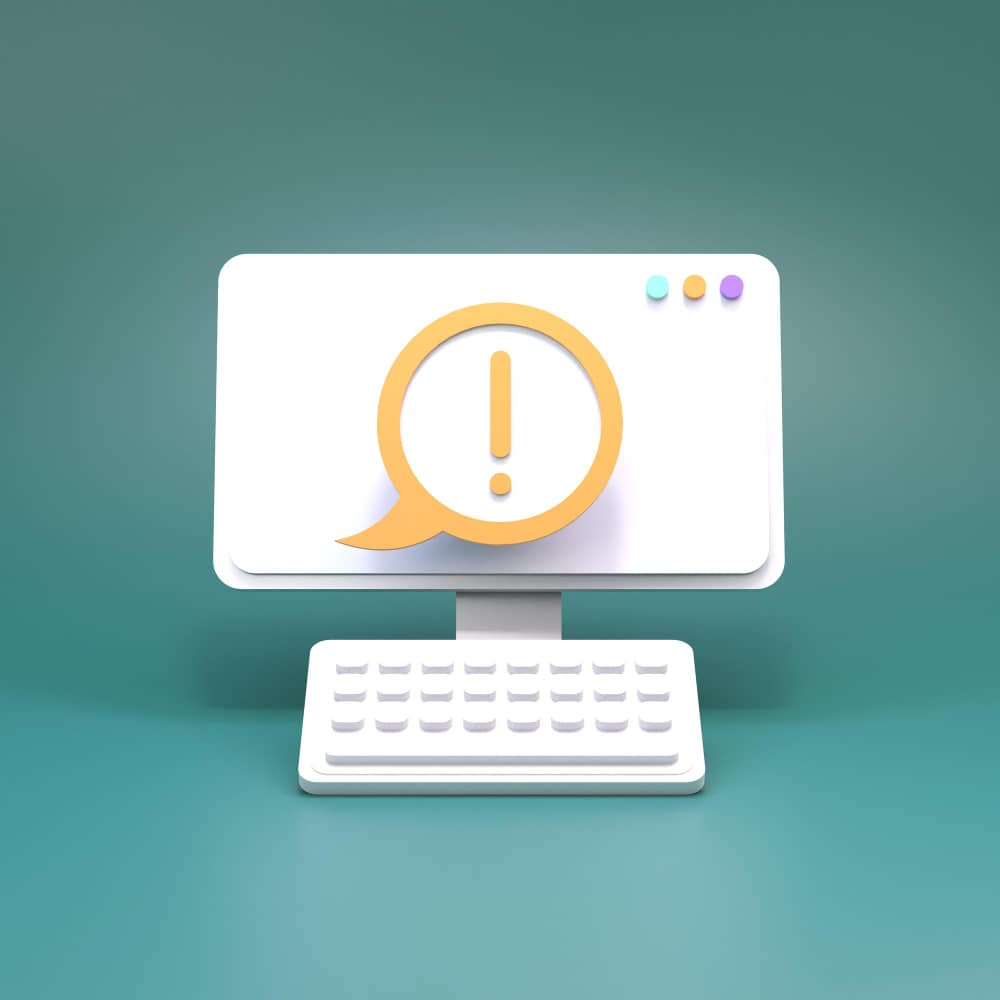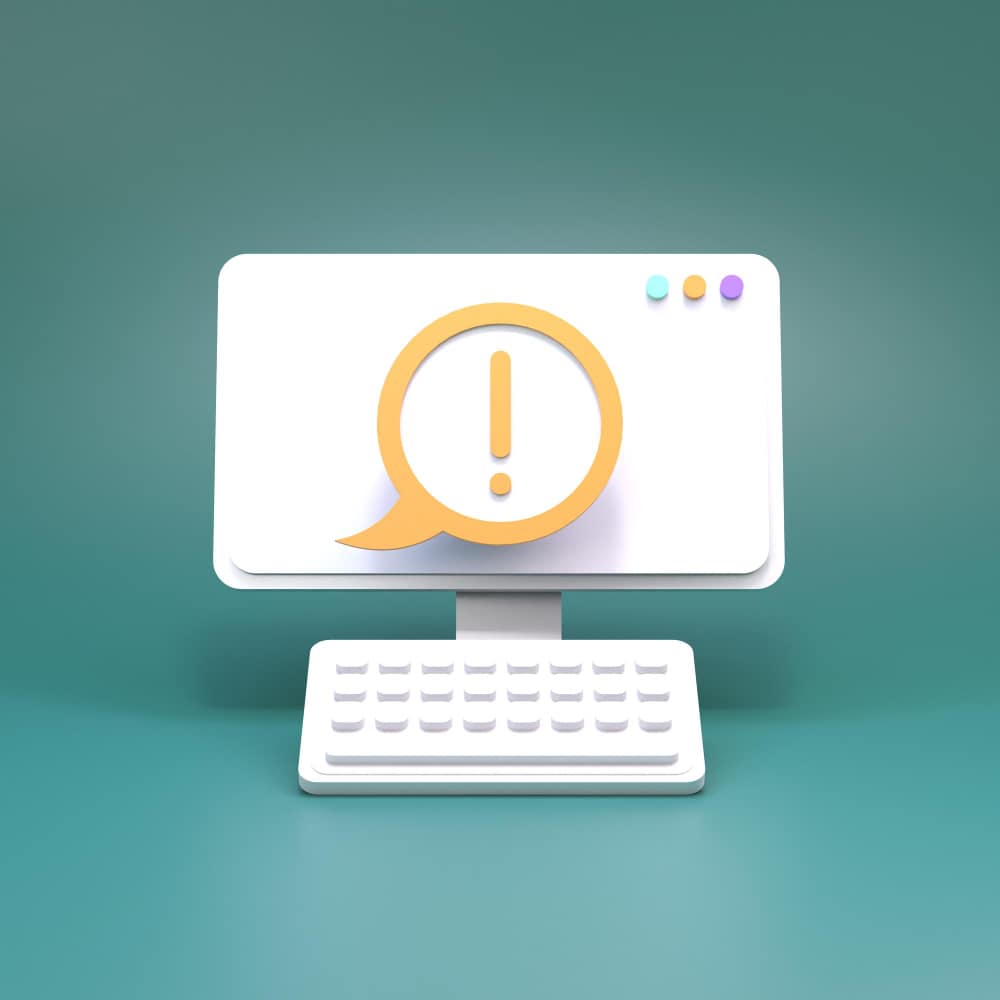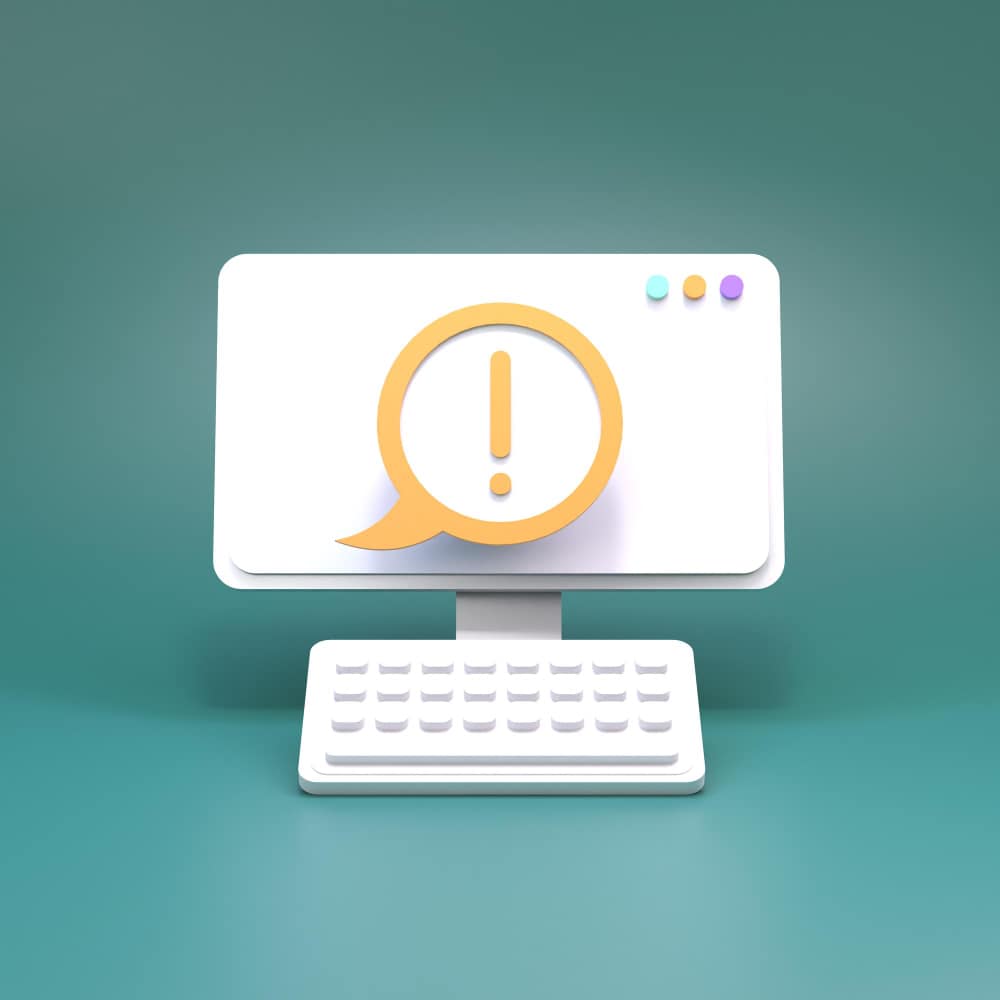
Good money management
Are you ready to take control of your money? Do you want to reduce debt and increase savings? Need help managing your money better? If so, then this blog post is for you. We've rounded up the best tips and strategies for budgeting, saving money, and managing personal finances - everything you need to make smarter financial decisions. 1. Know where your money is going The first step to better money management is knowing where your money goes each month. Track your spending for at least one month so you can see where your money is being spent. This will help you identify areas where you are spending too much money and make adjustments accordingly. 2. Make a budget Once you know where your money is going, it's time to create a budget. Budget is a plan Good money management is essential to achieving your financial goals. You have to be wise in how you spend and save your money to get the most out of it. Start by setting a budget, tracking your expenses, and making sure that your spending is in line with what you have planned. Don't be afraid to make adjustments to your budget if needed - this will help you stay on track financially. Additionally, consider setting aside money each month in a savings account or investment vehicle so that you have a cushion in case of emergencies. Finally, when making large purchases, be sure to evaluate the cost-benefit of the item and shop around for the best deal possible. With smart money management, you can reach your financial goals and enjoy financial security! You should always think twice before making a purchase and consider the potential long-term effects of your decisions. Developing and sticking to a budget can help you stay on track. In addition, try to save regularly, even if it's a small amount each month. Finally, consider the fees you pay for services like banking or investments, as they can add up over time. Following these tips can help set you up for financial success. When it comes to managing your money, the most important thing is setting and sticking to a budget. Make sure you know exactly how much money is going in and out each month. Don't forget to keep in mind any unexpected expenses that may arise. Once you have a budget, it will be easier for you to track your spending and make adjustments as needed. You should also consider setting aside a portion of your income for saving, investing, or paying down debt. Taking the time to create a customized financial plan can help you achieve both short- and long-term financial goals.

